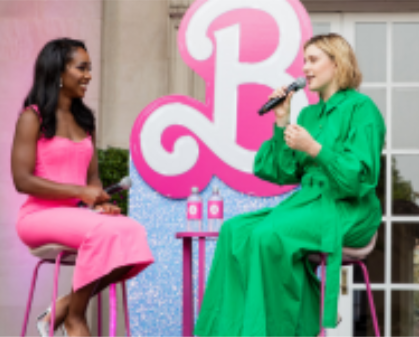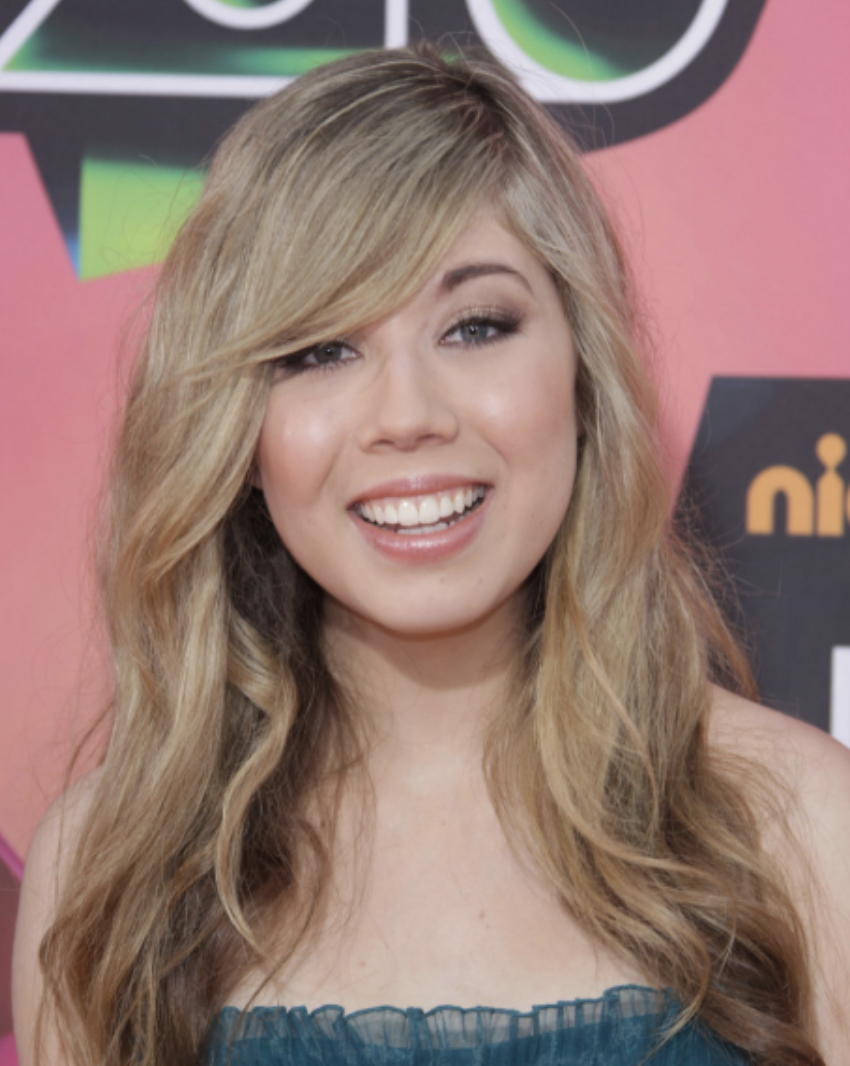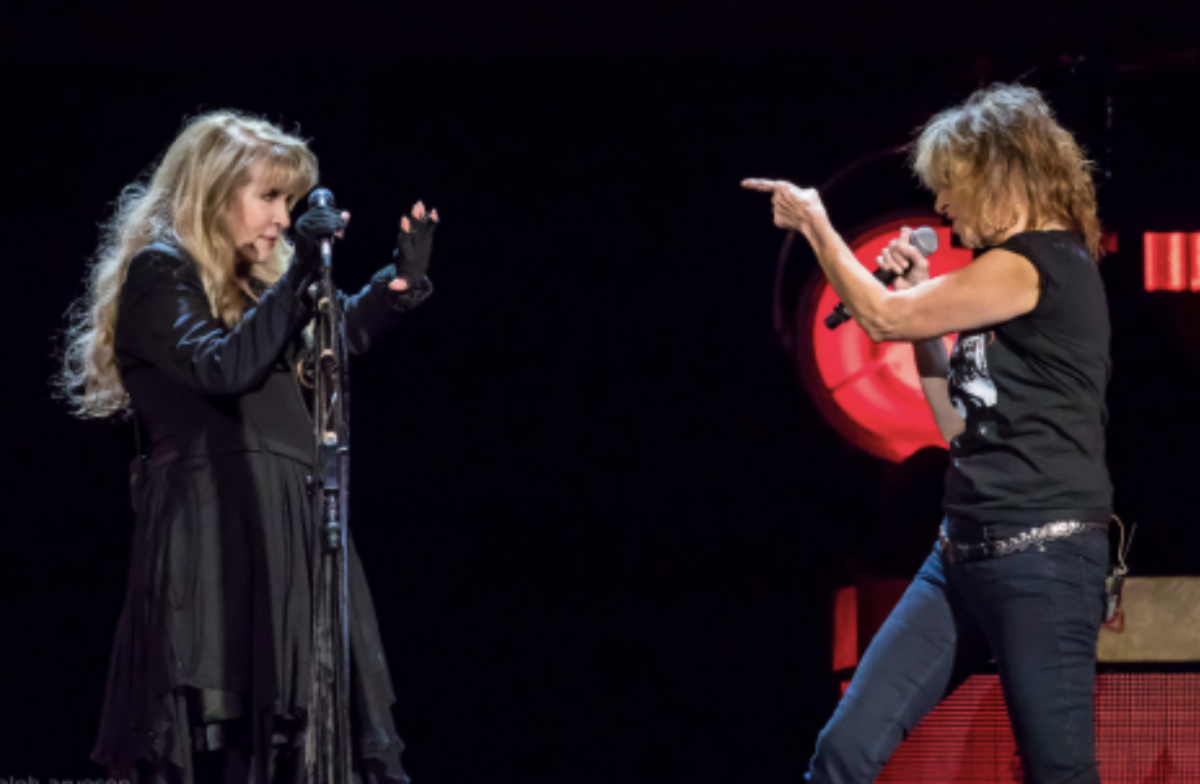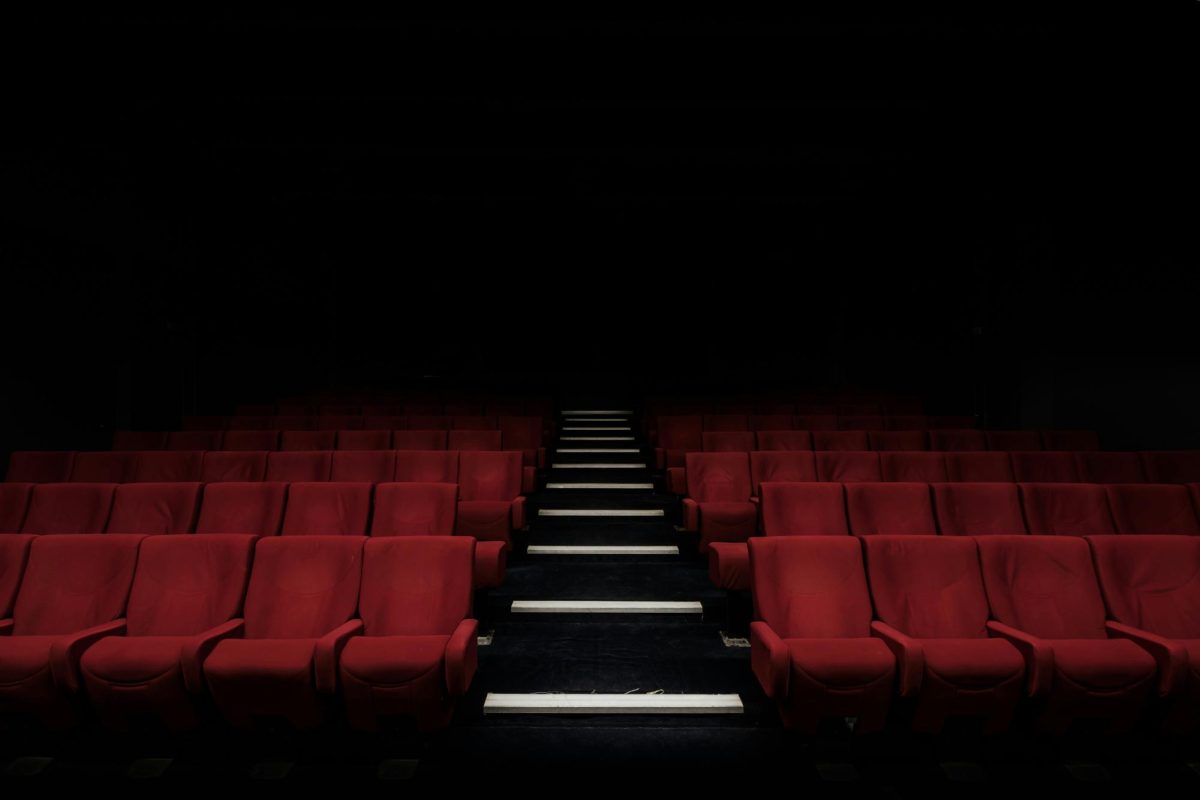
The journey to Barbie Land was complete with a pleasant bike ride through flowers and magical backdrops, taking up about 30 seconds of Greta Gerwig’s box office hit. The actual journey, however, was much more complicated and lasted closer to 64 years.
A live action movie has been on the forefront of Mattel’s mind for years, though Barbie-related baggage has made it hard for the company to follow through. The iconic doll has been the subject of criticism since it was released. Setting unrealistic body and beauty standards, Barbie is a difficult topic to navigate.
In the past couple of decades, according to Time Magazine, there have been a number of attempts at a Barbie live-action film. The first was by Universal Pictures, who never got past the discussion stage. The torch was then passed to Sony in 2015, who even announced a movie release date. They first hired writer Diablo Cody who, in his own words, “failed so hard at that project.” In an attempt to save the production, Sony turned to Amy Schumer and later on, Anne Hatheway. Even before any production began, Sony’s rights to the movie expired and Warner Bros. seized the opportunity.
As the New York Times puts it, “Barbie is intentionally a blank slate upon which girls can project their dreams and desires.” Considering this, it is remarkable that Mattel was willing to give out movie rights to anyone at all. Famously protective of their biggest asset, the company has taken legal action in the past over mere mentions of the doll. For this reason, the company struggled to associate a human face with Barbie. That is, until Margot Robbie came along.
Robbie signed on with Warner Bros. in 2018 to star in and produce the upcoming film, with Greta Gerwig and Noah Baumbach joining the effort a year later as screenwriters. The duo wrote much of the script at home under pandemic mandates, while everyone else tried to stay uninvolved.
“We worked hard to give them their space and let them come up with what the movie was going to be, uninterrupted, without people pushing an agenda on them,” Robbie said.
When she first saw the script, Robbie was convinced that Mattel was “never going to let us do this” and she wasn’t completely wrong. Much of the “Barbie” script focused on the arguments against Barbie and poked fun at the doll, something the brand was very hesitant about.
“It wasn’t like I ever got the full seal of approval from [Mattel].” Gerwig explained. “I got a tentative, ‘Well, OK. I see that you are going to do this, so go ahead and we’ll see how it goes.’” In the end it went very, very well. The film shattered box office records while also handling Barbie’s controversial reputation. In fact, the film has garnered so much success that Mattel doesn’t want to stop at “Barbie.” The brand plans to create an entire cinematic universe, teasing at other projects based on popular toys like Hot Wheels and American Girl.
“Successful movies lend themselves to more movies,” Mattel CEO Ynon Kreiz said. “Our ambition is to create film franchises.”









